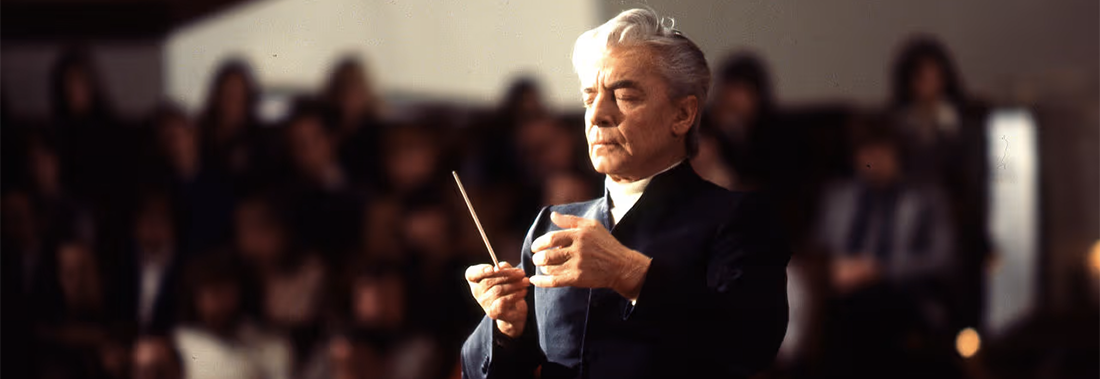
Raymond Ericson in The New York Times:
Since the first act is more or less the Marschallin’s, the audience knew what to make of Miss Schwarzkopf’s performance by the time the act was over. The soprano conquered her listeners, and the roar that filled the house when she took her bows must be the kind that the most vain prima donna could ask for.
When she has sung in “Rosenkavalier” elsewhere, Miss Schwarzkopf’s interpretation has inspired some controversy. Last night, her performance was never less than admirable and often it was deeply moving. With her blond radiance, she looked beautiful and behaved with the aristocratic manner expected of the Marschallin. She was constantly projecting the most minute dramatic details suggested by the text in terms of vocal phrasing and coloration and of facial and bodily expression.
If these never seemed artificial there were times when the emotions swept by so quickly and easily one was a little uneasy in their presence. But she was able to do one thing superbly and uncannily: after looking so youthfully happy in her early love scenes with Octavian, she seemed to age physically as she began to think about the passing years and about losing her lover.
This was the element in her performance to which one could not fail to respond, and in the final moments of her deepening awareness of the lonely years ahead she was convincingly and extraordinarily touching.
Vocally, Miss Schwarzkopf is no longer the fresh, pure-voiced artist she used to be. The voice has grown larger. At times it is more shrill; at times it has its old blandishments, and she can still manage lovely high pianissimos.
On this day in 1965 soprano Renata Scotto made her Metropolitan Opera debut as Cio-Cio San.
Birthday anniversaries of composers Rafael Martínez Valls (1887) and Hugo Weisgall (1912), conductor Boris Khaikin (1904) and bass Enzo Dara (1938).
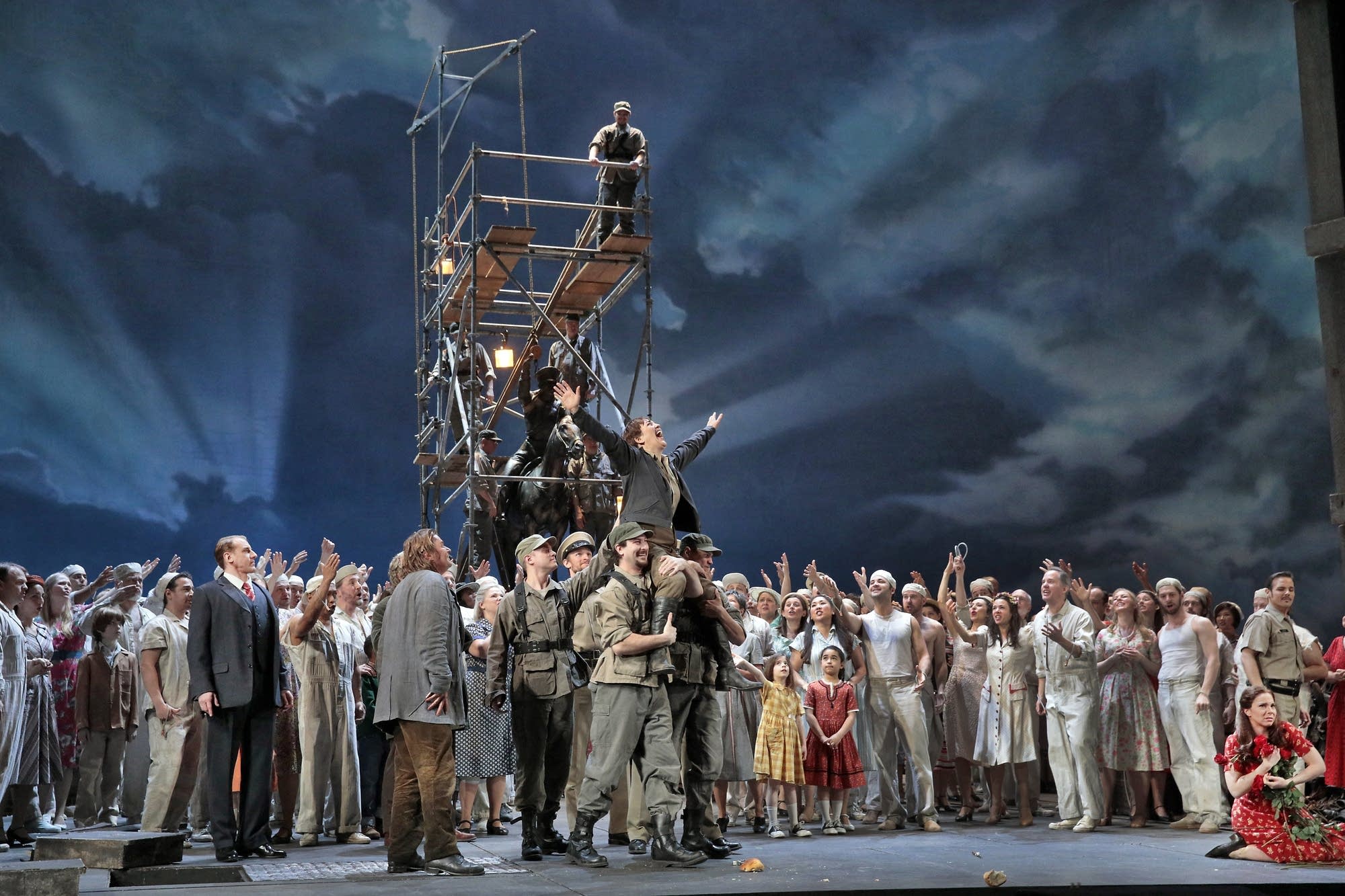
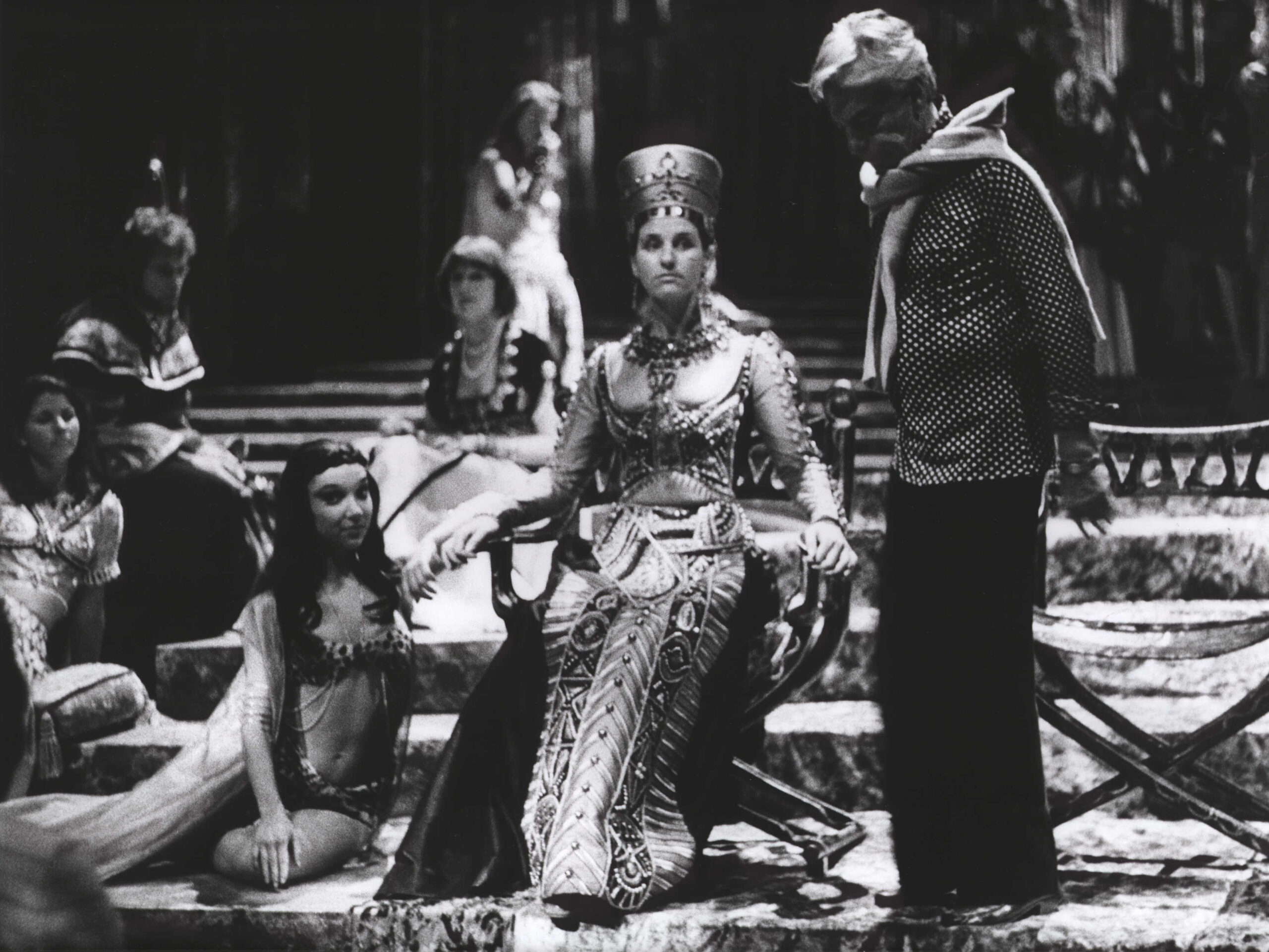
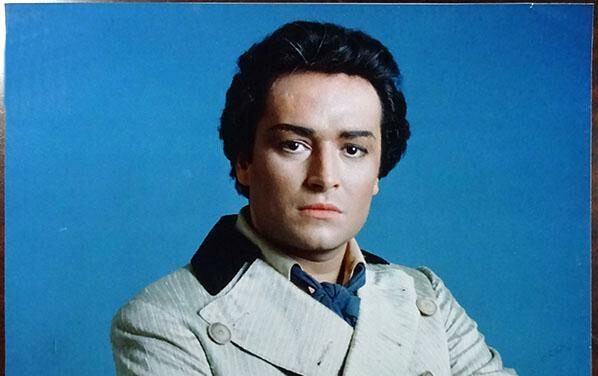
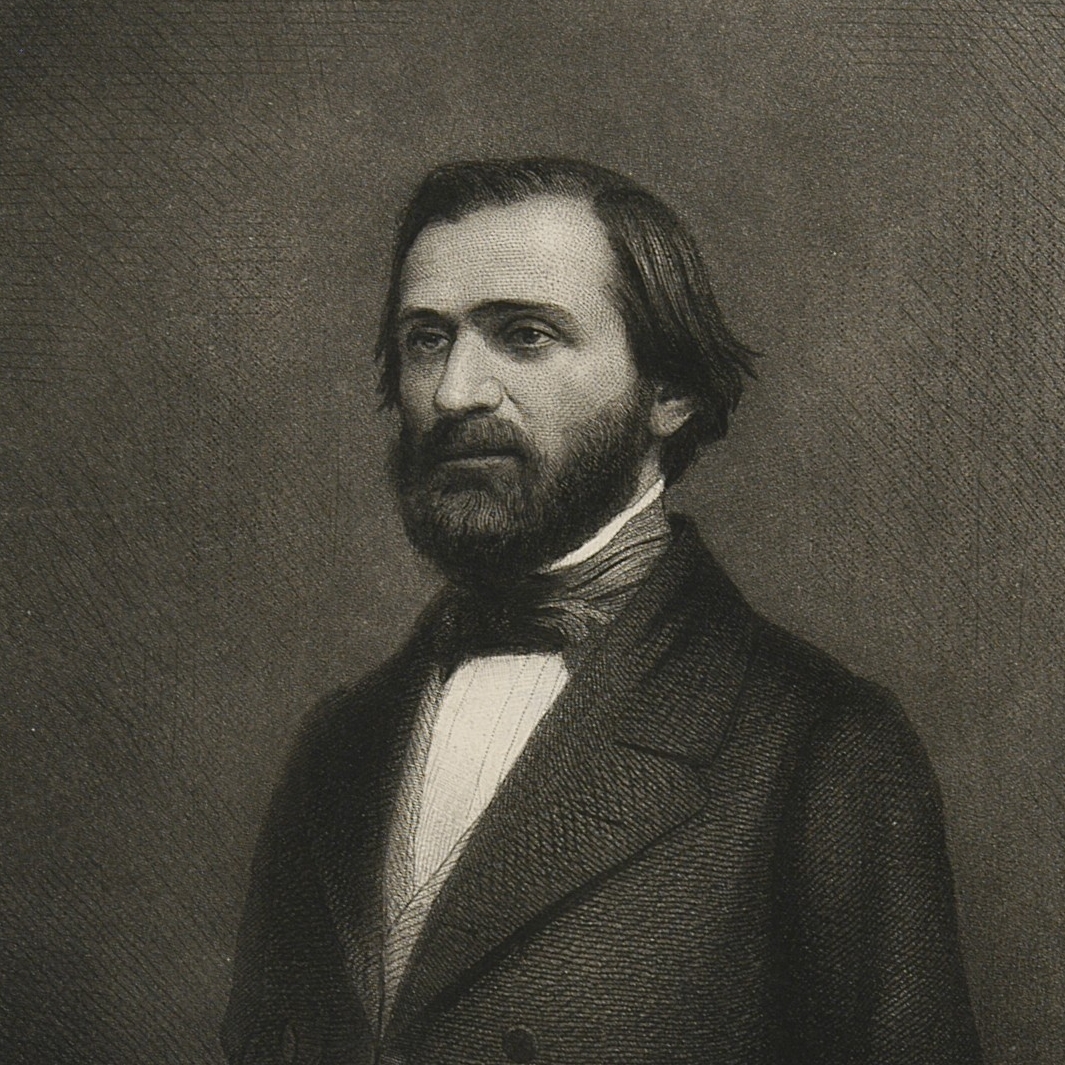
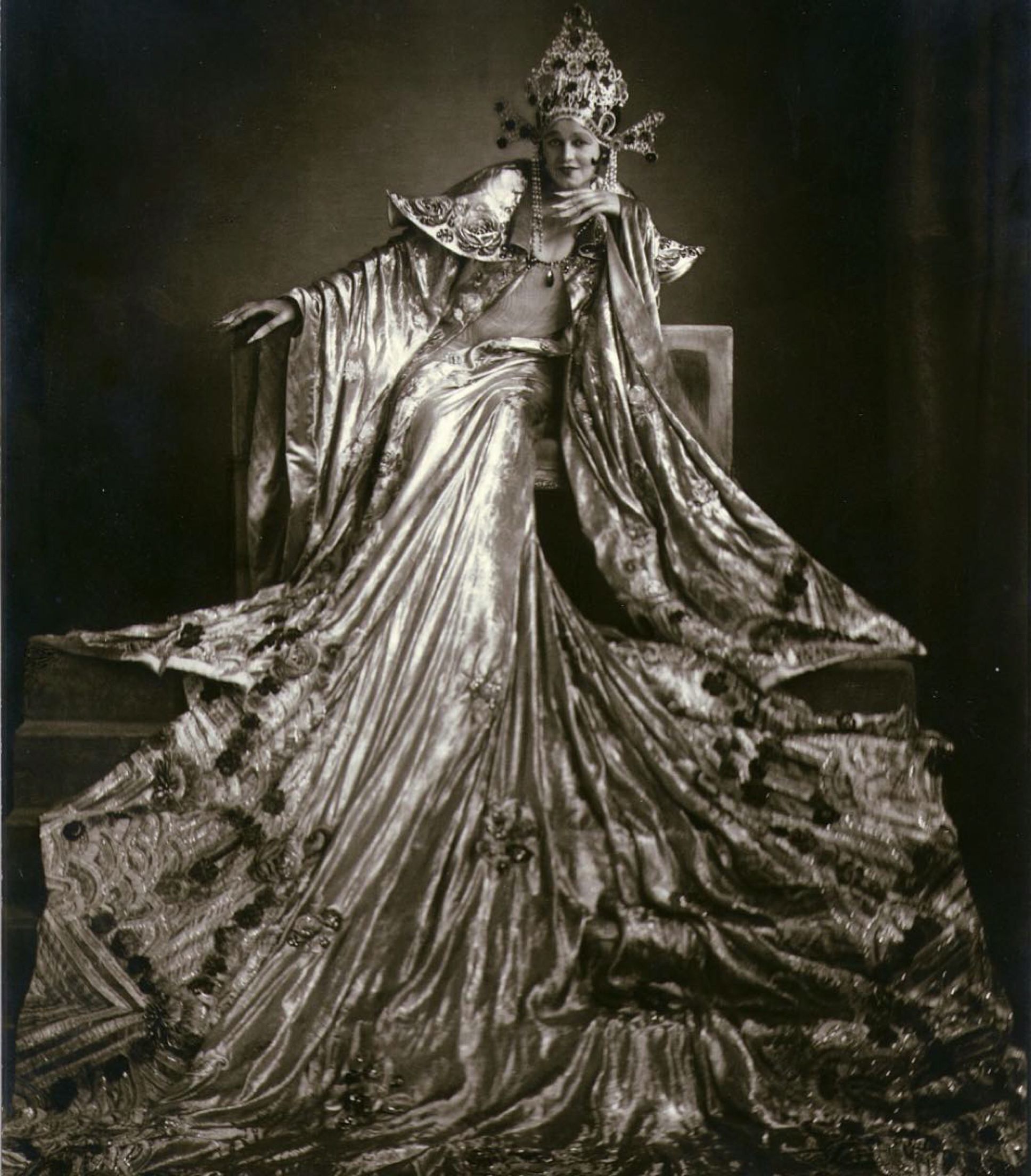
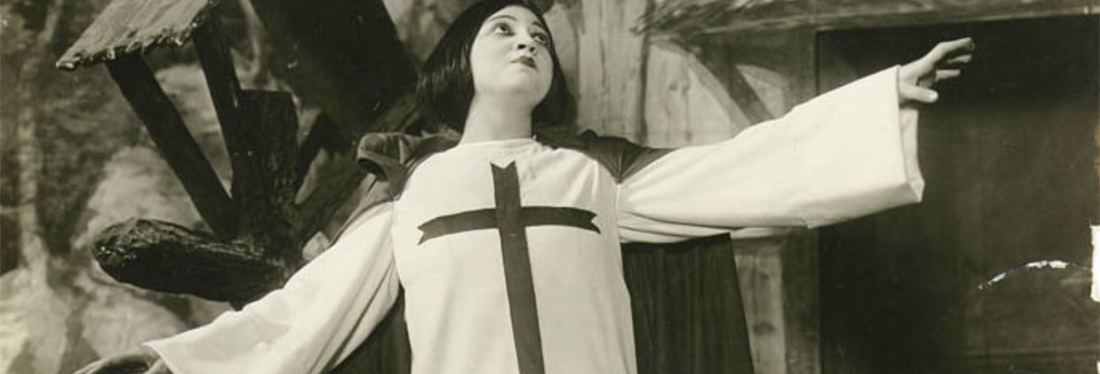
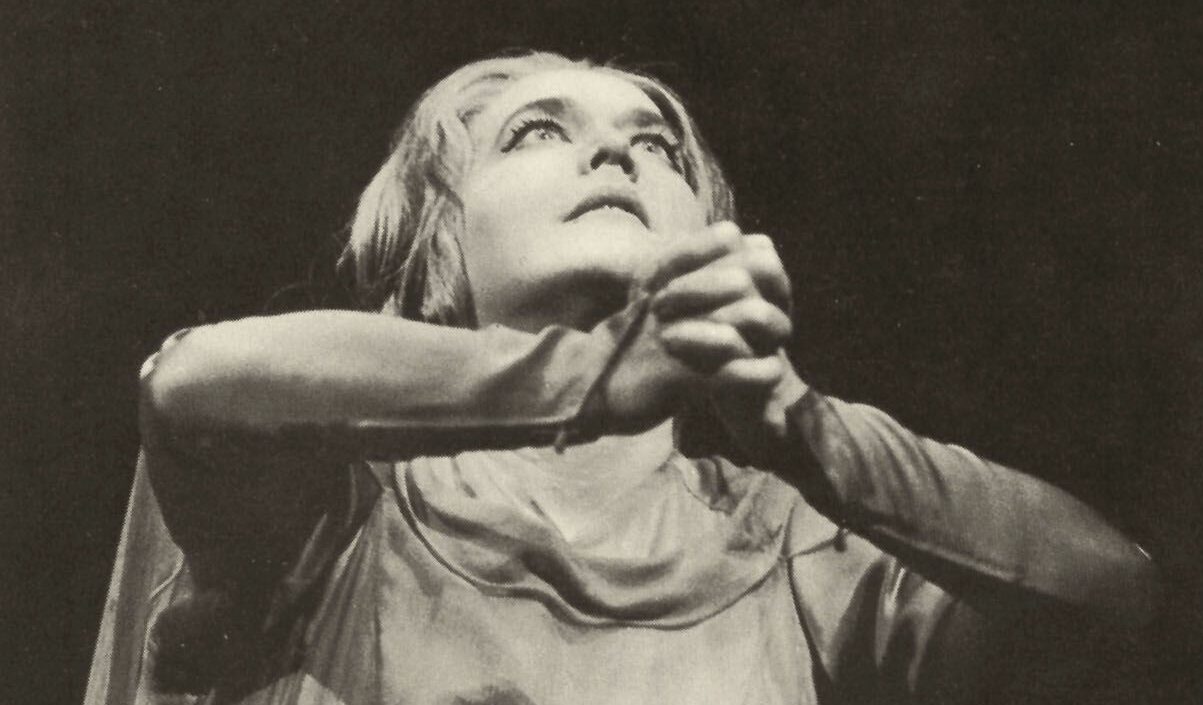
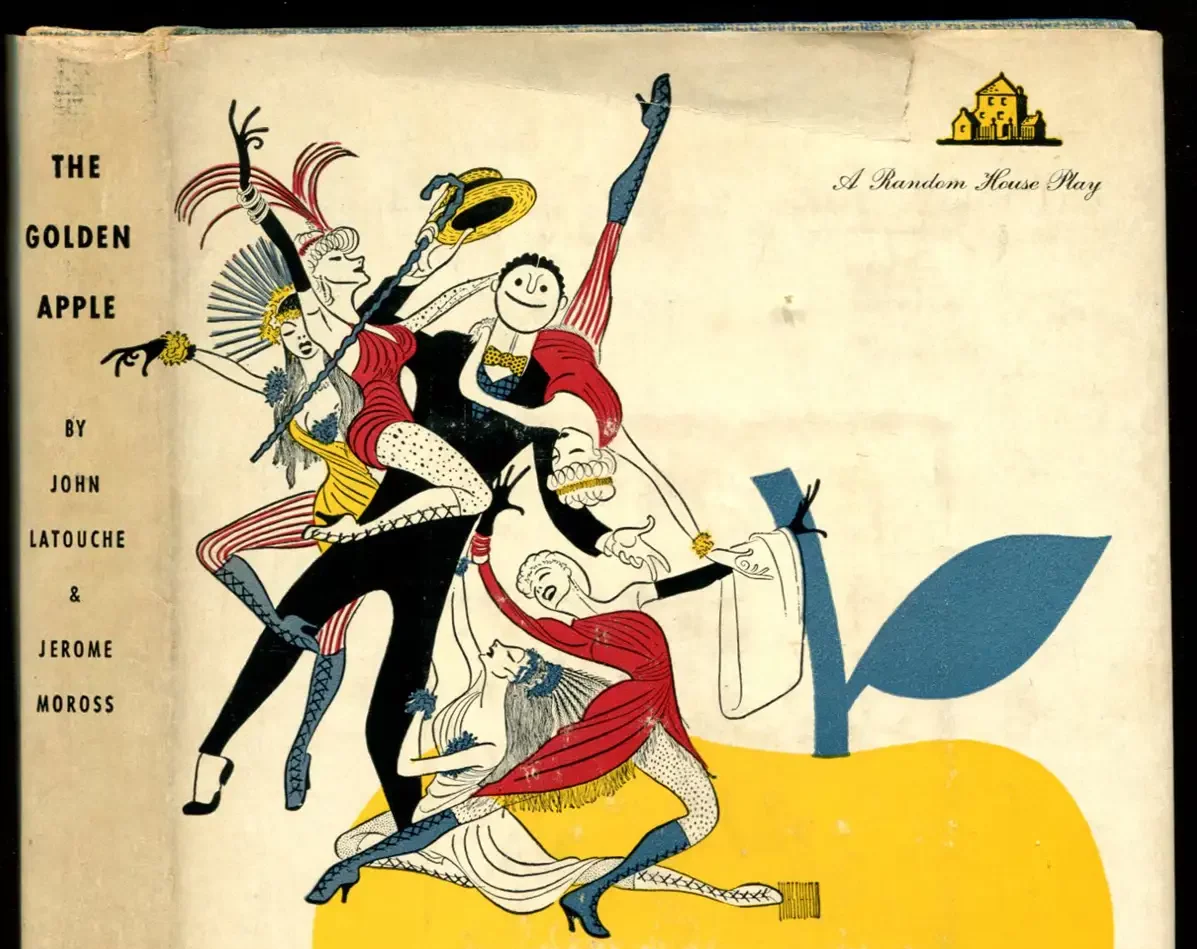
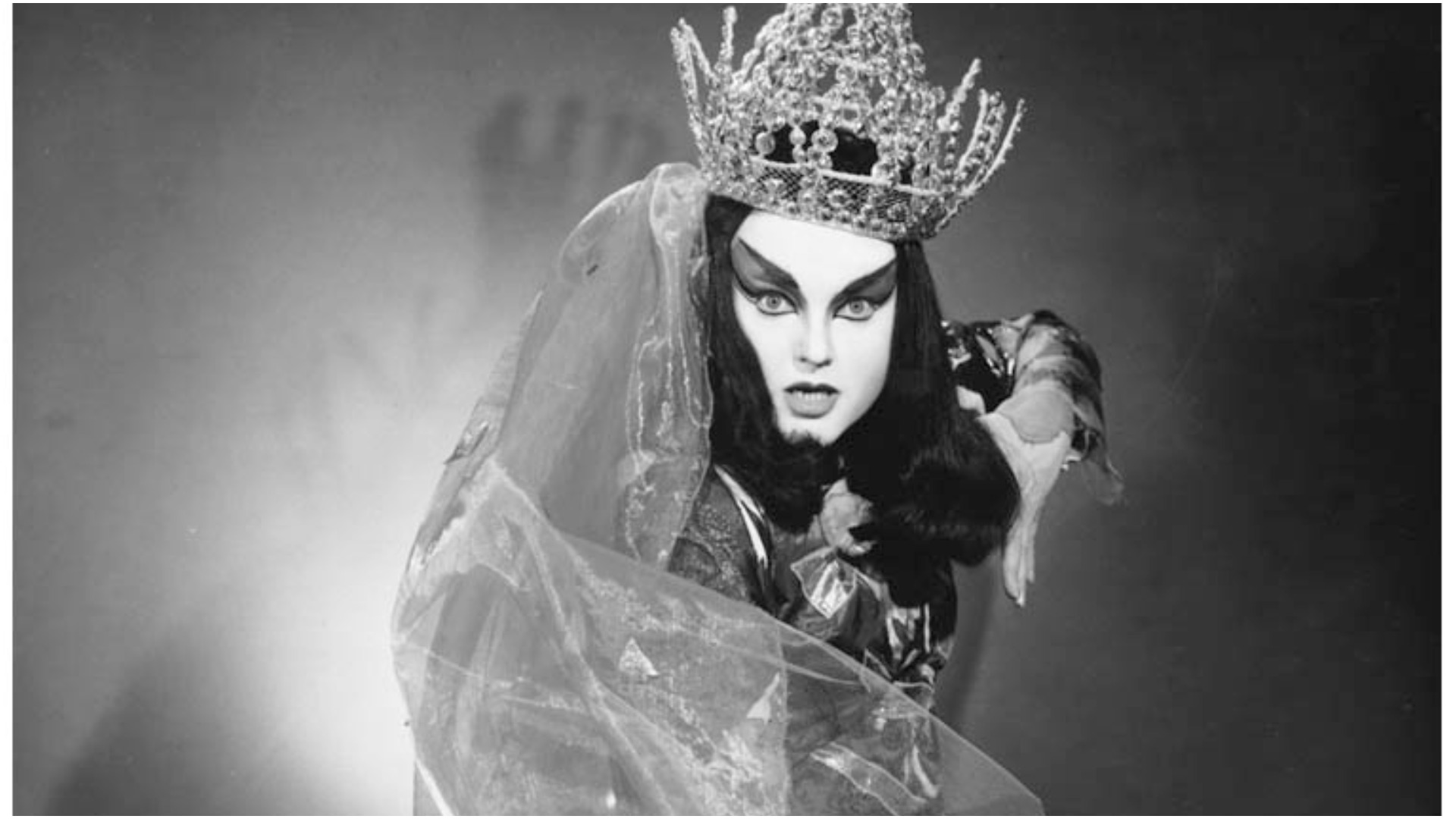
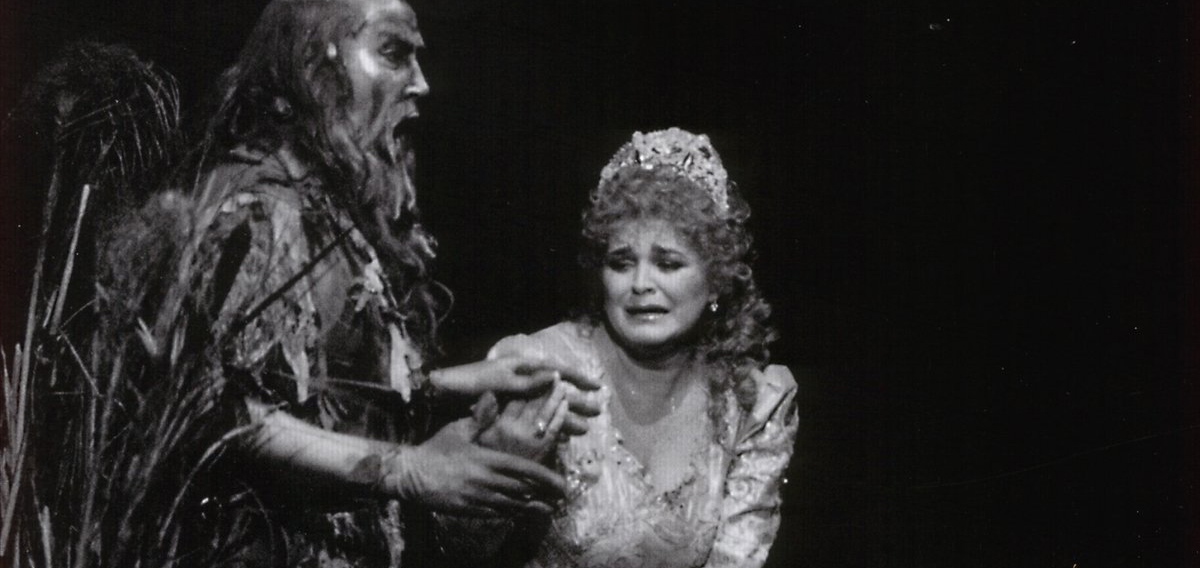
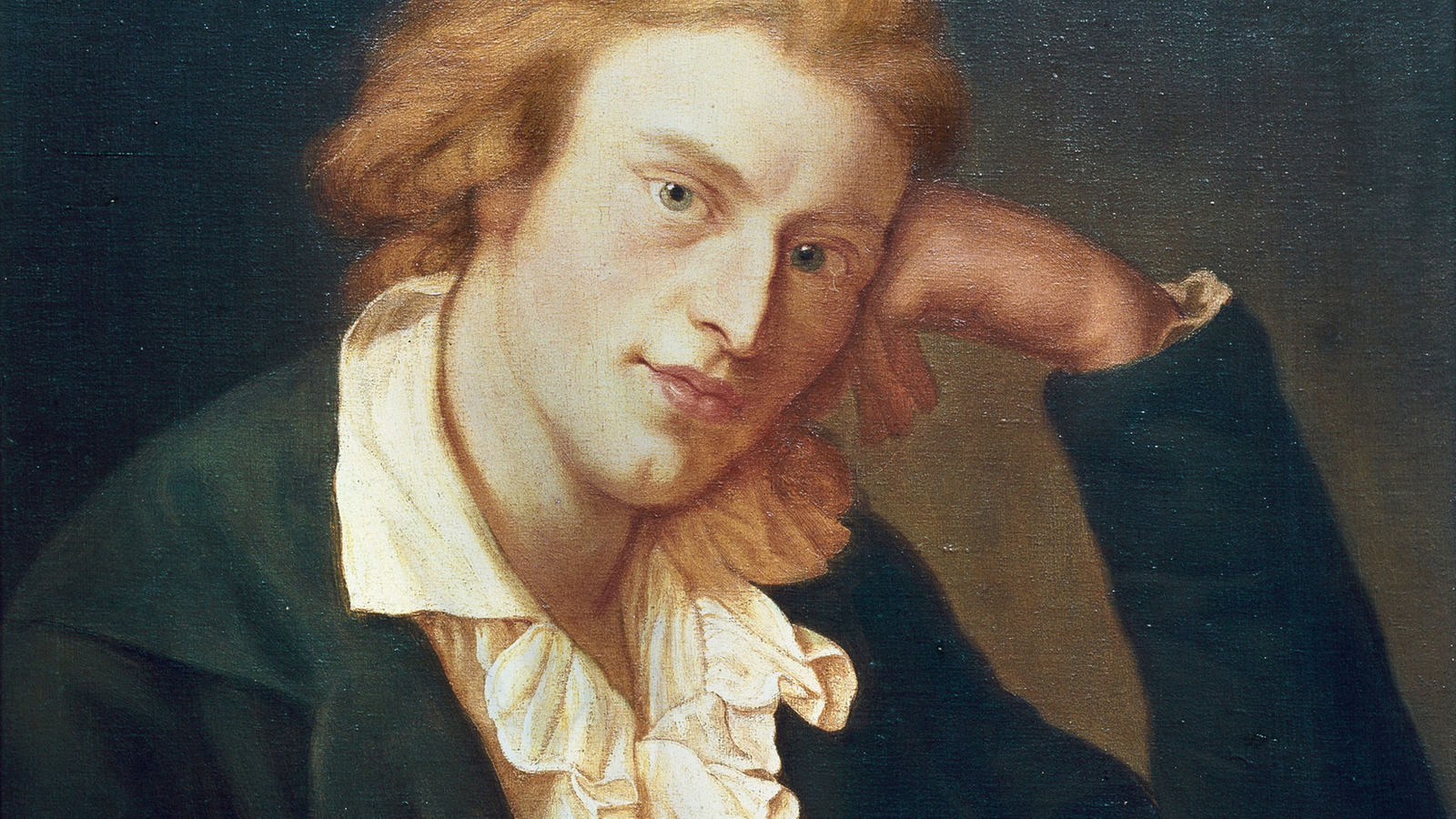
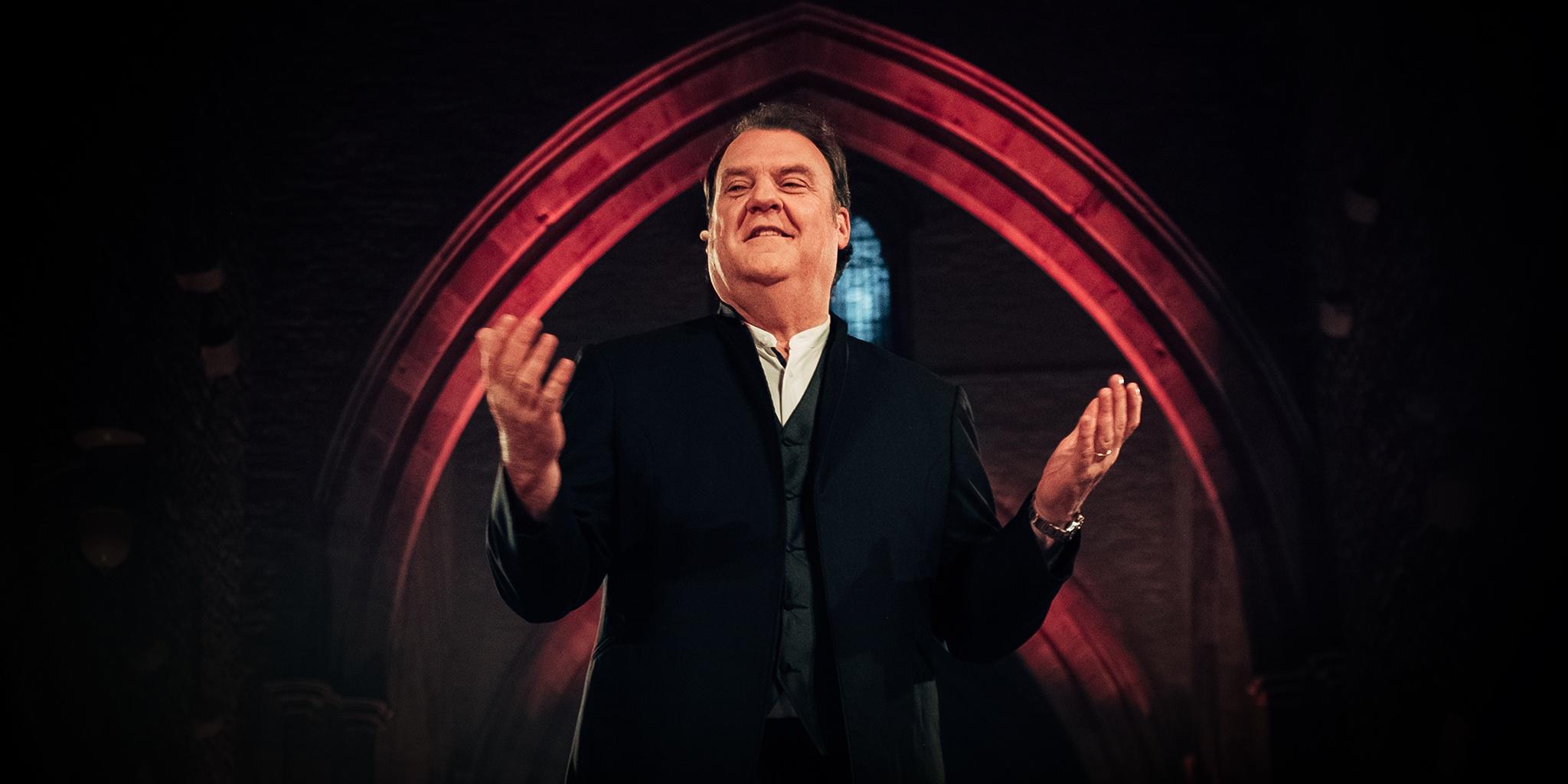
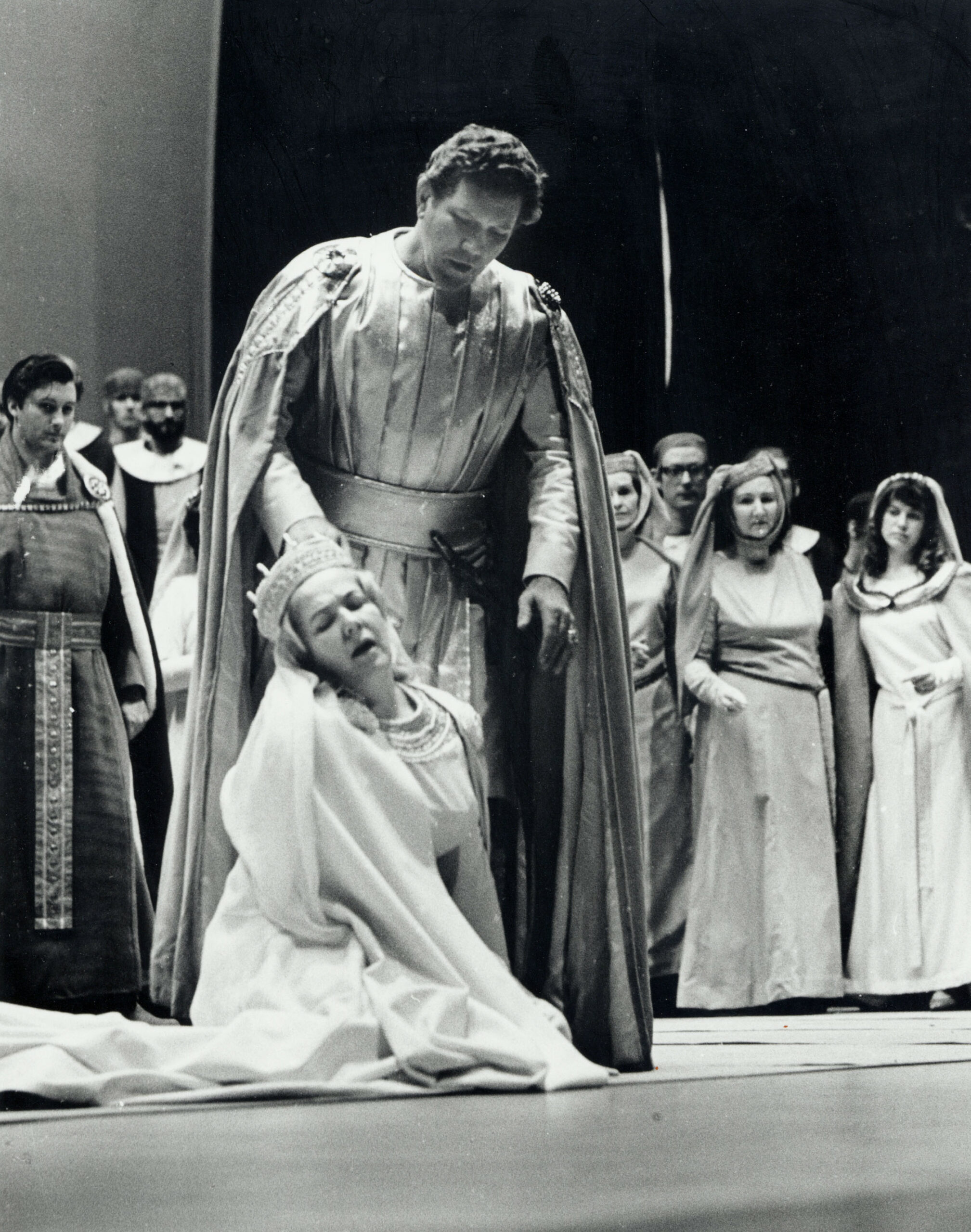
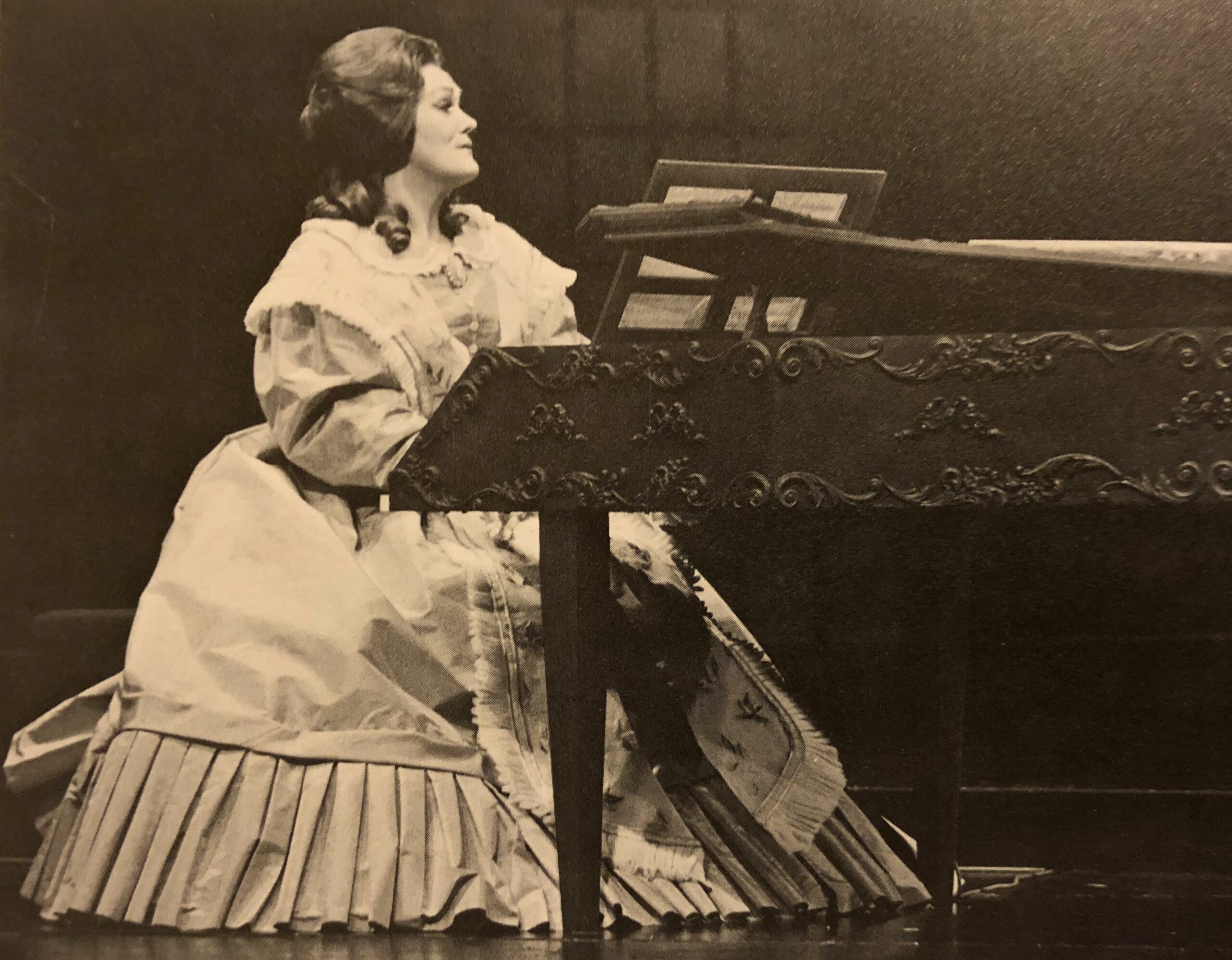






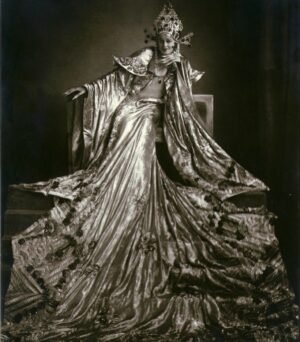
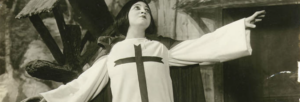



Comments